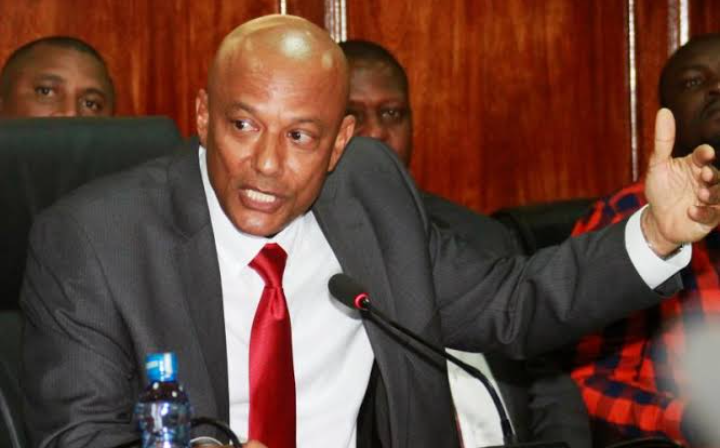The Ethics and Anti-Corruption Commission (EACC) recently intensified its anti-corruption efforts by summoning 39 directors and deputy directors from Busia County to its Bungoma offices.
These officials face allegations of nepotism and corruption in hiring practices, marking yet another chapter in the ongoing struggle for ethical governance in Kenya’s counties.
Reports indicate that the Busia County Public Service Board is at the center of these allegations, accused of biased recruitment, favoritism, and abuse of authority in the county’s hiring processes.
The EACC has scheduled in-person interviews with these officials from November 6 to November 20, aiming to obtain in-depth testimonies and unravel the truth behind the recruitment controversies.
These interviews are expected to shed light on the internal workings of the hiring processes within Busia County, especially during the recruitment rounds conducted earlier this year.
Allegations suggest that these processes may have been marred by nepotism and lack of transparency, which has sparked public concern and fueled a broader investigation into the integrity of employment practices in the county.
As the EACC’s probe deepens, it has encountered resistance from local officials.
In a striking example, Truphena Omungala Akide, the Secretary of the Busia County Public Service Board, was reportedly arrested for obstructing the investigation.
Akide allegedly withheld essential documents, hindering the EACC’s ability to access records crucial to the case.
Her actions have brought additional scrutiny on Busia County’s employment practices and suggest a culture of opacity that might be deliberately obstructing the path to accountability.
Such incidents have reinforced the EACC’s determination to pursue the matter aggressively, emphasizing its mandate to enforce ethical standards across all levels of government in Kenya.
Underlying the EACC’s intervention is a broader concern about possible misuse of authority in Busia County, including the potential hiring of “ghost workers” and alleged misappropriation of county funds.
These allegations are not unique to Busia; they reflect a pattern of governance issues that have emerged in various counties across Kenya.
With devolution came the promise of improved local governance and better allocation of resources, yet cases like this highlight the challenge of ensuring that county governments remain accountable to the public.
The EACC’s investigation into Busia underscores a nationwide push for ethical governance, especially within local county administrations.
By focusing on abuses like nepotism, favoritism, and misuse of public resources, the commission aims to curb corruption at the grassroots level.
This approach aligns with Kenya’s broader anti-corruption strategy, where county governments have become focal points for reform efforts due to persistent concerns over irregular hiring, biased appointments, and inefficient use of public funds.
The case in Busia County has wider implications for governance practices across Kenya.
The allegations could signal a need for systemic reforms to county hiring practices, potentially inspiring the development of more stringent hiring protocols and transparency measures.
The EACC’s findings will likely set a precedent for other counties facing similar scrutiny, reinforcing the need for transparent and merit-based recruitment in public service.
This scrutiny also serves as a reminder that the devolution of power, while beneficial in promoting local governance, requires equally devolved accountability mechanisms to prevent the misuse of power.
The EACC’s actions in Busia are expected to have a lasting impact on county governance across Kenya.
Should it uncover substantive evidence of corruption or abuse, the consequences may include legal action against implicated officials, as well as increased oversight of county employment practices nationwide.
The ongoing inquiry will not only determine the accountability of those involved in Busia but will also strengthen ethical standards across other counties.
The EACC’s pursuit of justice in this case is a testament to its commitment to upholding ethical governance and ensuring that public resources serve the people effectively.





















Add Comment